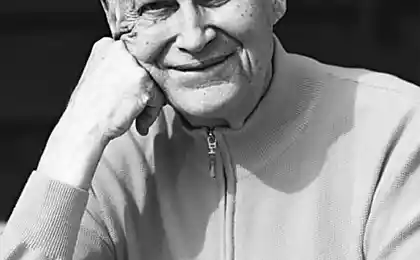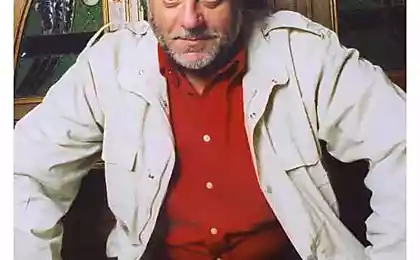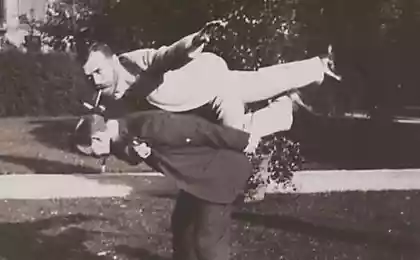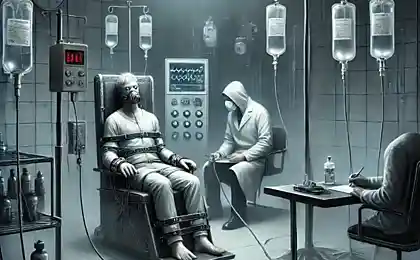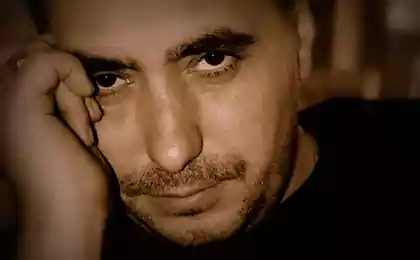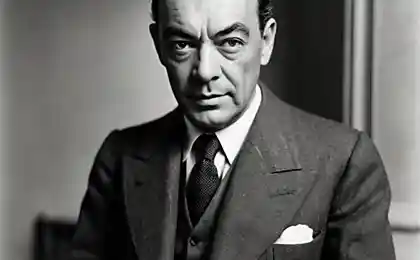129
“It is a crime to film a favorite in a hospital, in a serious condition.” – Alexander Rosenbaum People have lost their conscience!
There are moral boundaries that no one is allowed to cross. This is especially true of health and personal tragedies. But, alas, in our world with its market relations, the anticipation of money destroys all moral foundations. Terrible proof of this was the photos of the helpless Oleg Tabakova In a hospital that went all over the Internet. This act of the grief journalist was sharply criticized by musician Alexander Rosenbaum and other artists.

As you know, a few days ago, people’s favorite Oleg Pavlovich was in the hospital. Friends of the 82-year-old actor and doctors say the condition is severe. An operation was carried out, after which the artistic director of the Moscow Art Theater named after Chekhov was placed in intensive care. One of the Russian TV channels decided to secretly check the health of the artist. What happened, the editor will tell you. "Site". We will also tell you about cyberethics, which you need to know about in our digital world.
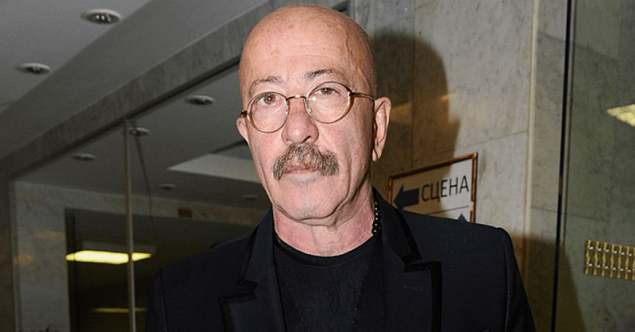
Modern ethics Journalist sneaked into intensive care to the bed of a helpless Oleg Pavlovich Tabakov. He photographed the artist, wrapped in wires of devices, and his vital signs, and then let it all on the Internet. When this horror caught the eye of Alexander Rosenbaum, the musician could not contain his outrage. He also asked the correspondent of Komsomolka to contact him to express his point of view on such shootings.
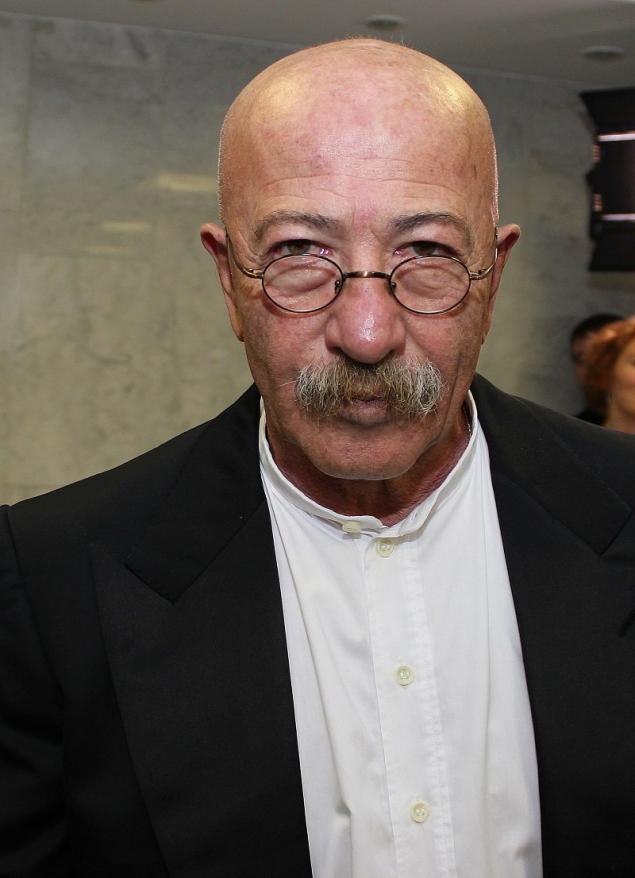
“I was on tour when the footage was sent to me. I immediately called TV presenter Elena Malysheva and said that it was a disaster. What is going on in our lives and in our conscience? It's just beyond good and evil! We have been fighting for years so that patients can be visited in intensive care. Allowed. That's good.
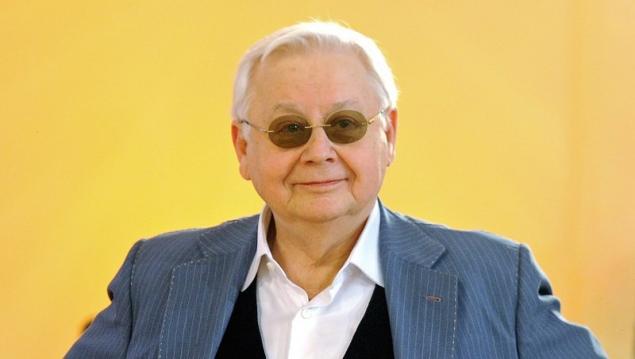
But some person went with the phone and filmed everything: the actor himself, and even a monitor, which shows the parameters of life of Oleg Pavlovich. Blaming doctors is wrong. Bad people, to put it mildly, those who put these shots, hung them on the Internet, gave them on television.
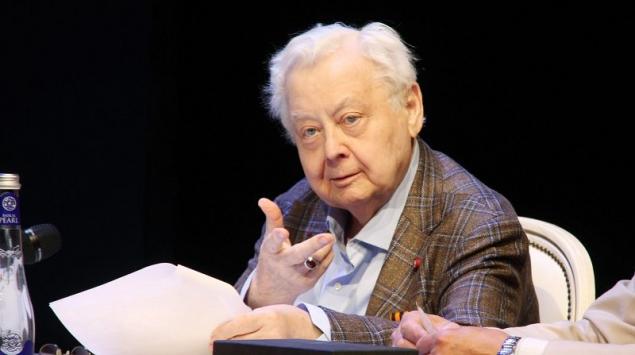
When Princess Diana was involved in a fatal accident, no publication published pictures of her torn body. There were a lot of photographers there. What Tabakov showed in this form is, from the point of view of humanity, just a crime. We need to do something to prevent this from happening in nature.
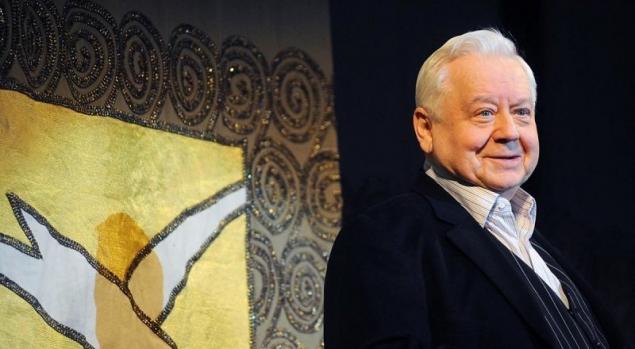
I would like to remind you once again that we should not blame medical institutions that, by law, open doors for the patient’s relatives. And blame those who publish such photos. A great man, a favorite of the people in the most difficult condition, and in this form, at such a time. This is beyond human understanding.”
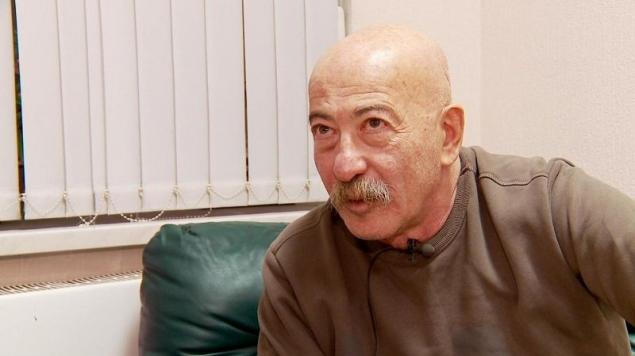
We fully agree that such antics by journalists are inhuman. This is a personal tragedy for the artist and his family, not the public. And in general, there is such a thing as cyberethics - a philosophical field of ethics that studies human behavior on the Internet and on information portals to develop certain rules for using them. In many countries, it is given great importance and is monitored through specialized bodies.
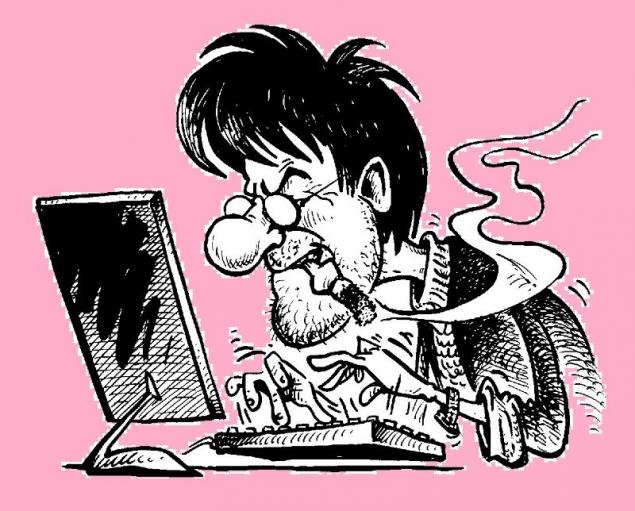
Cyberethics explores whether it is legitimate to broadcast personal information about other people on the Internet, such as their current location, whether users should be protected from false information, who owns digital data (music, movies, books, web pages) and what users are entitled to do with it, and whether access to the Internet is a basic right of everyone.

Accessibility, censorship and filtering of information raise many ethical issues related to cyber ethics. The presence of these issues continues to challenge our understanding of privacy and secrecy, and impacts our participation in society. Cyberethics is based on the Code of Fair Use of Information. These requirements were introduced by the U.S. Department of Health and Human Services in 1973.
It is important to respect yourself and others, and ethics professional as well as any other. Yes, we have the right to free speech and access to information. But our rights are limited where we violate others. You need to understand that there are things that are not designed to earn money. You never know what will happen to you or your family.
We hope that unscrupulous journalists will apologize for their actions and will never do so again. Share this informative article with your friends on social networks!

As you know, a few days ago, people’s favorite Oleg Pavlovich was in the hospital. Friends of the 82-year-old actor and doctors say the condition is severe. An operation was carried out, after which the artistic director of the Moscow Art Theater named after Chekhov was placed in intensive care. One of the Russian TV channels decided to secretly check the health of the artist. What happened, the editor will tell you. "Site". We will also tell you about cyberethics, which you need to know about in our digital world.

Modern ethics Journalist sneaked into intensive care to the bed of a helpless Oleg Pavlovich Tabakov. He photographed the artist, wrapped in wires of devices, and his vital signs, and then let it all on the Internet. When this horror caught the eye of Alexander Rosenbaum, the musician could not contain his outrage. He also asked the correspondent of Komsomolka to contact him to express his point of view on such shootings.

“I was on tour when the footage was sent to me. I immediately called TV presenter Elena Malysheva and said that it was a disaster. What is going on in our lives and in our conscience? It's just beyond good and evil! We have been fighting for years so that patients can be visited in intensive care. Allowed. That's good.

But some person went with the phone and filmed everything: the actor himself, and even a monitor, which shows the parameters of life of Oleg Pavlovich. Blaming doctors is wrong. Bad people, to put it mildly, those who put these shots, hung them on the Internet, gave them on television.

When Princess Diana was involved in a fatal accident, no publication published pictures of her torn body. There were a lot of photographers there. What Tabakov showed in this form is, from the point of view of humanity, just a crime. We need to do something to prevent this from happening in nature.

I would like to remind you once again that we should not blame medical institutions that, by law, open doors for the patient’s relatives. And blame those who publish such photos. A great man, a favorite of the people in the most difficult condition, and in this form, at such a time. This is beyond human understanding.”

We fully agree that such antics by journalists are inhuman. This is a personal tragedy for the artist and his family, not the public. And in general, there is such a thing as cyberethics - a philosophical field of ethics that studies human behavior on the Internet and on information portals to develop certain rules for using them. In many countries, it is given great importance and is monitored through specialized bodies.

Cyberethics explores whether it is legitimate to broadcast personal information about other people on the Internet, such as their current location, whether users should be protected from false information, who owns digital data (music, movies, books, web pages) and what users are entitled to do with it, and whether access to the Internet is a basic right of everyone.

Accessibility, censorship and filtering of information raise many ethical issues related to cyber ethics. The presence of these issues continues to challenge our understanding of privacy and secrecy, and impacts our participation in society. Cyberethics is based on the Code of Fair Use of Information. These requirements were introduced by the U.S. Department of Health and Human Services in 1973.
- There should be no systems that accumulate personal information, the very existence of which is a secret.
- Everyone should be able to control what information is stored in the system and how it is used.
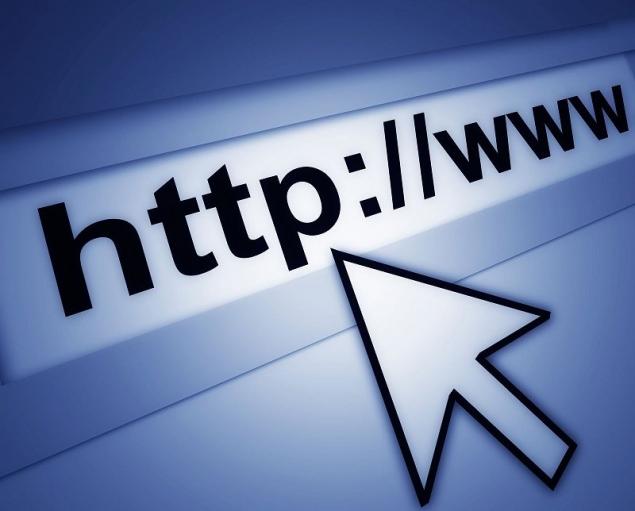
- Everyone should be able to prevent the information collected about them from being used for one purpose.
- Everyone should be able to correct information about themselves.
- Any organization engaged in the creation, maintenance, use or dissemination of information containing personal data should ensure that this data is used only for the purposes for which it is collected and take measures against its misuse.
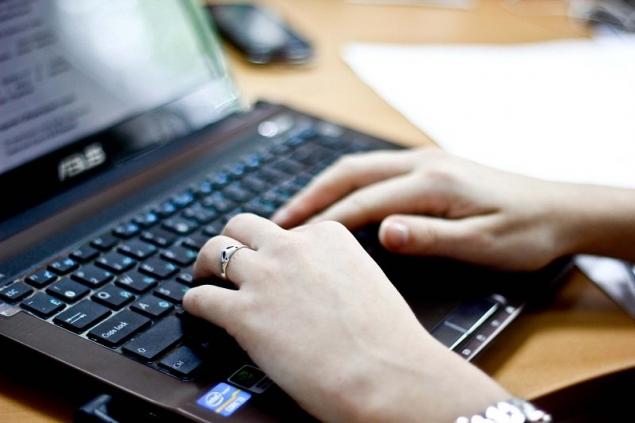
It is important to respect yourself and others, and ethics professional as well as any other. Yes, we have the right to free speech and access to information. But our rights are limited where we violate others. You need to understand that there are things that are not designed to earn money. You never know what will happen to you or your family.
We hope that unscrupulous journalists will apologize for their actions and will never do so again. Share this informative article with your friends on social networks!


